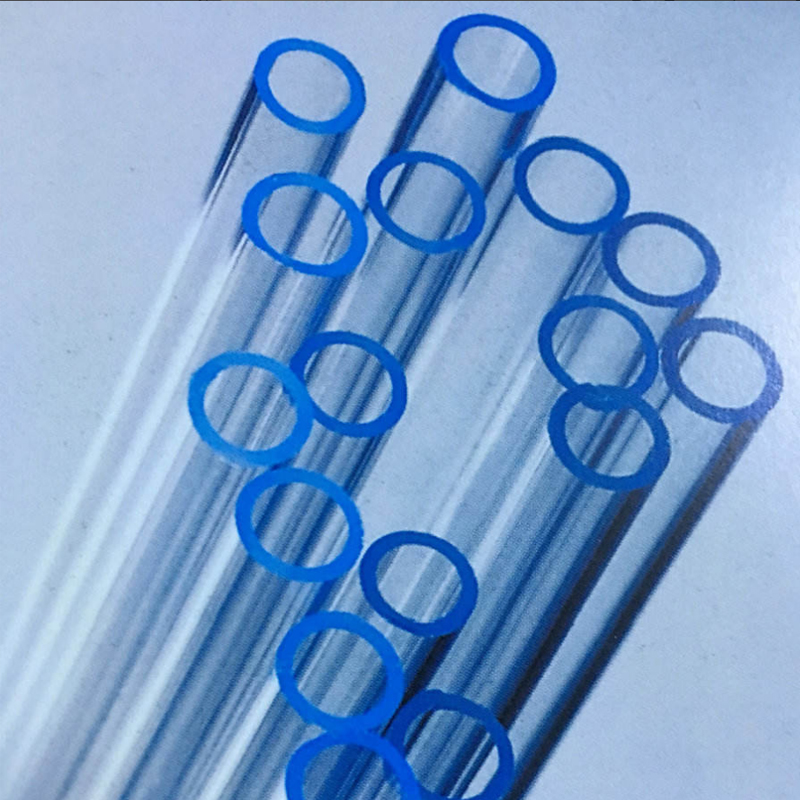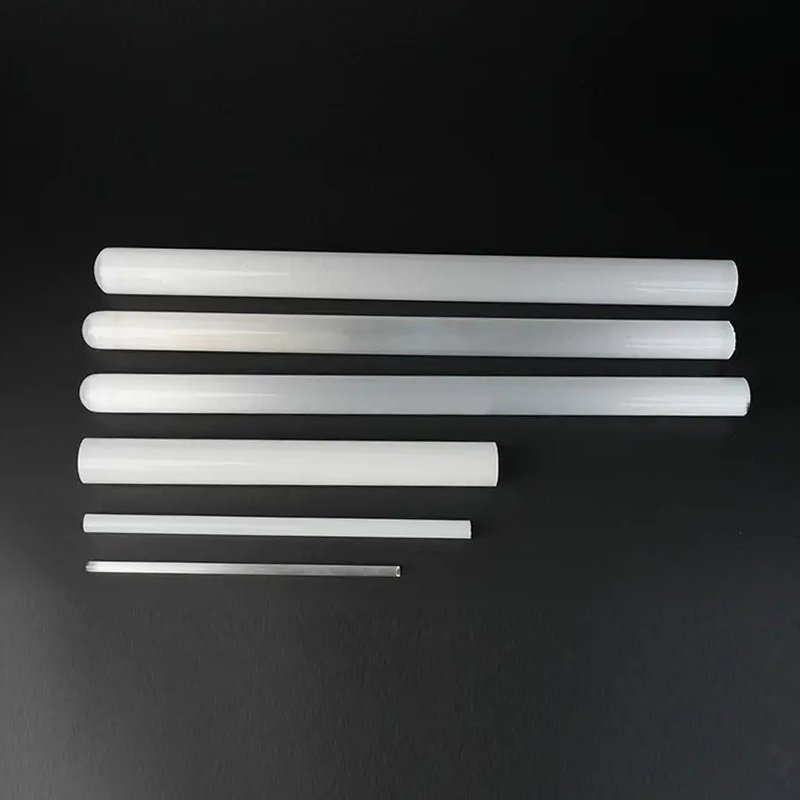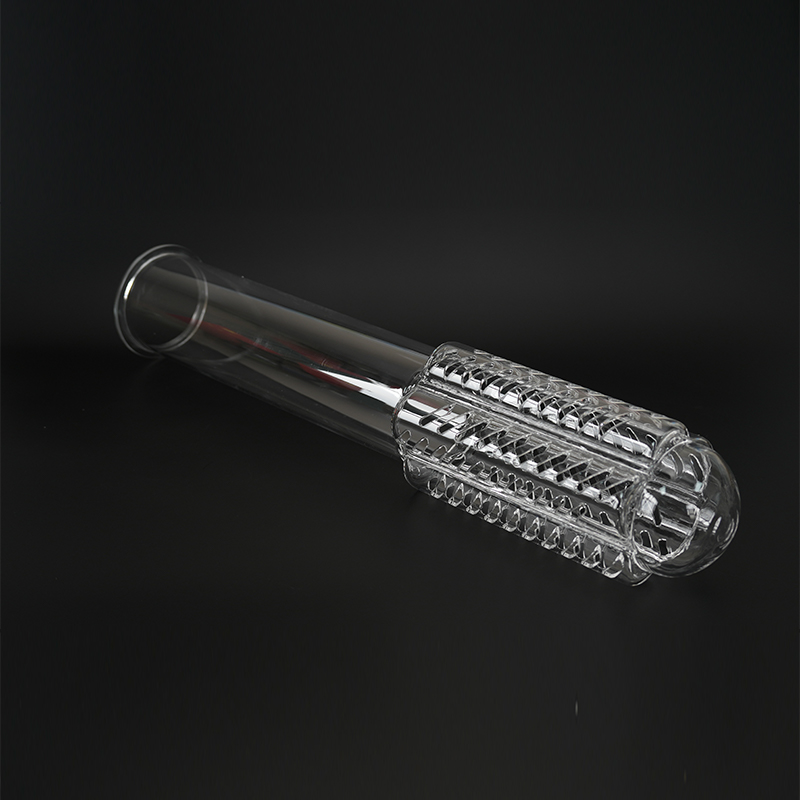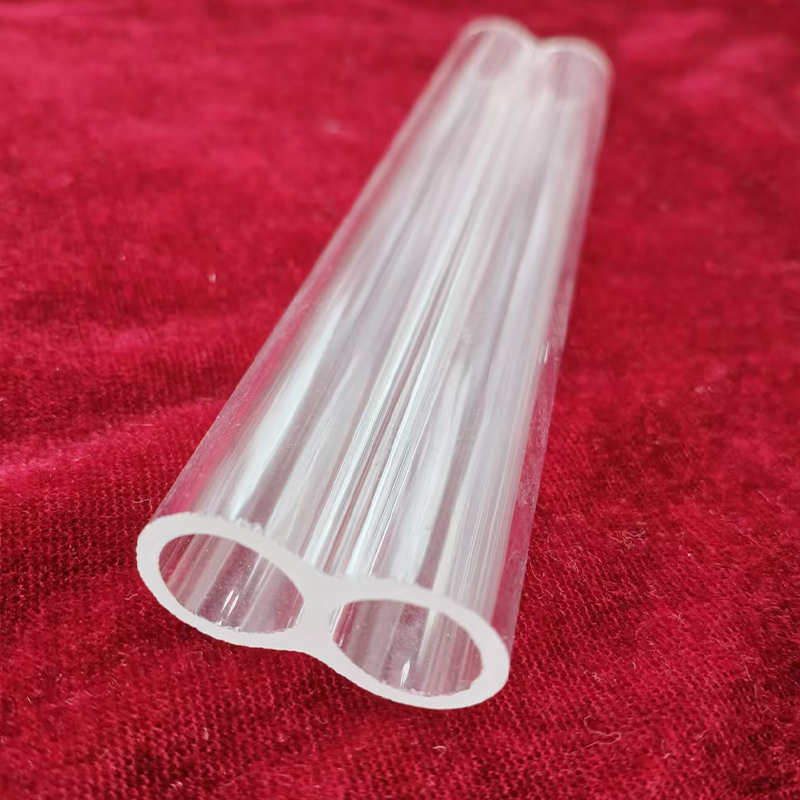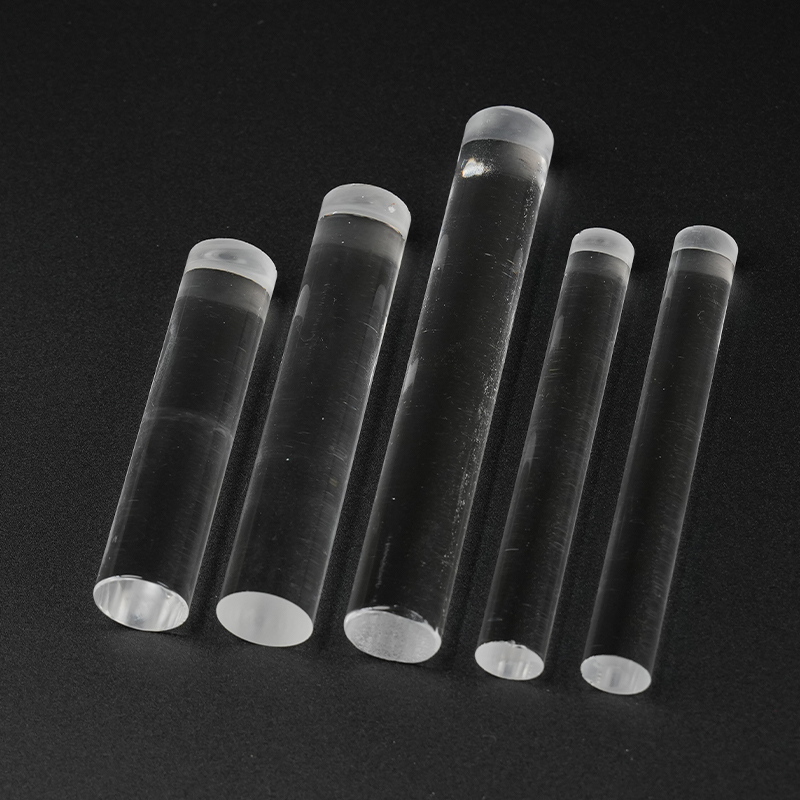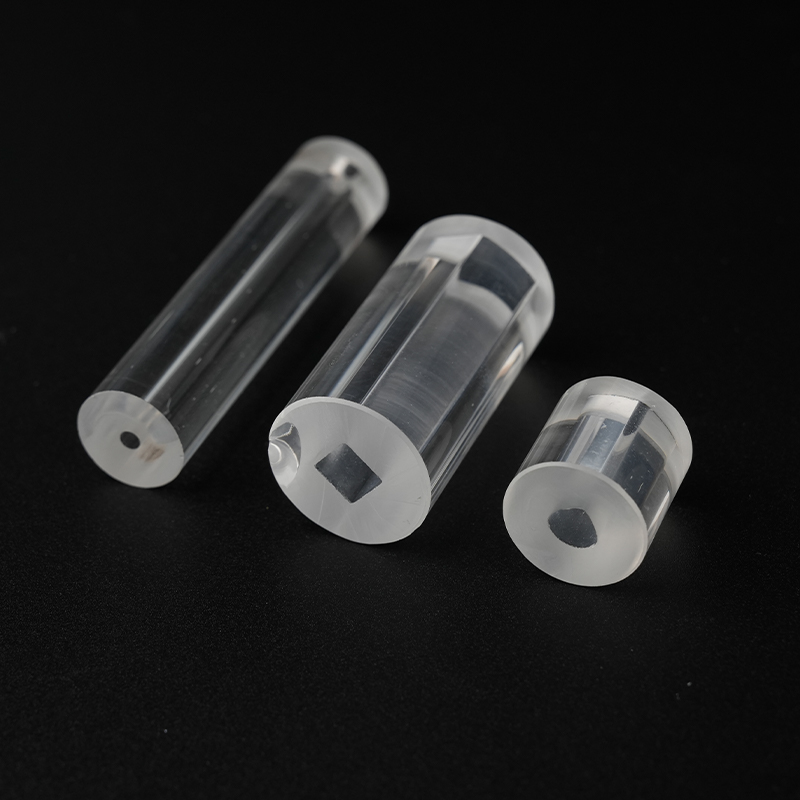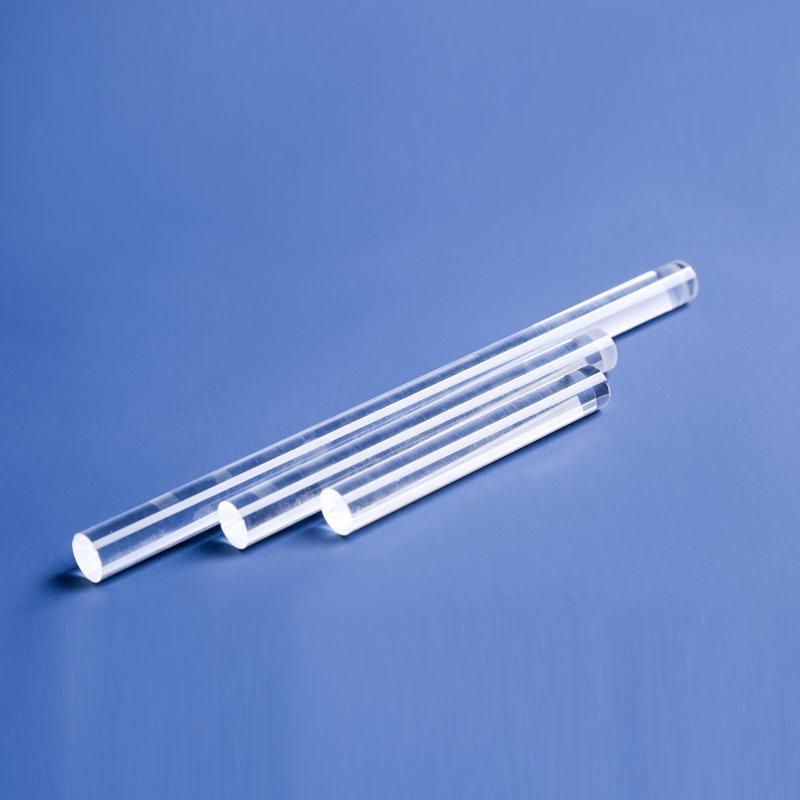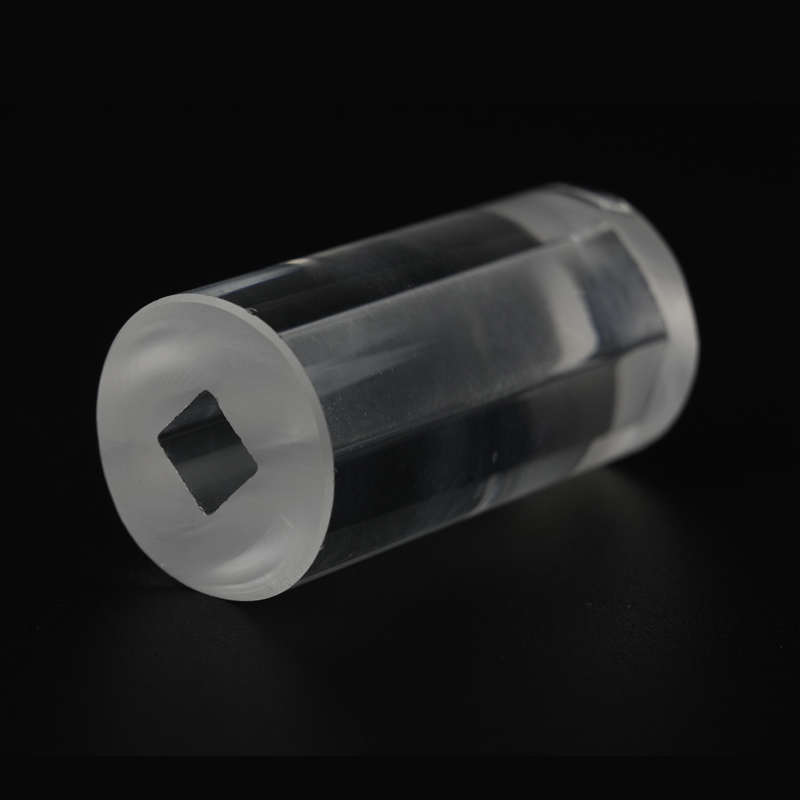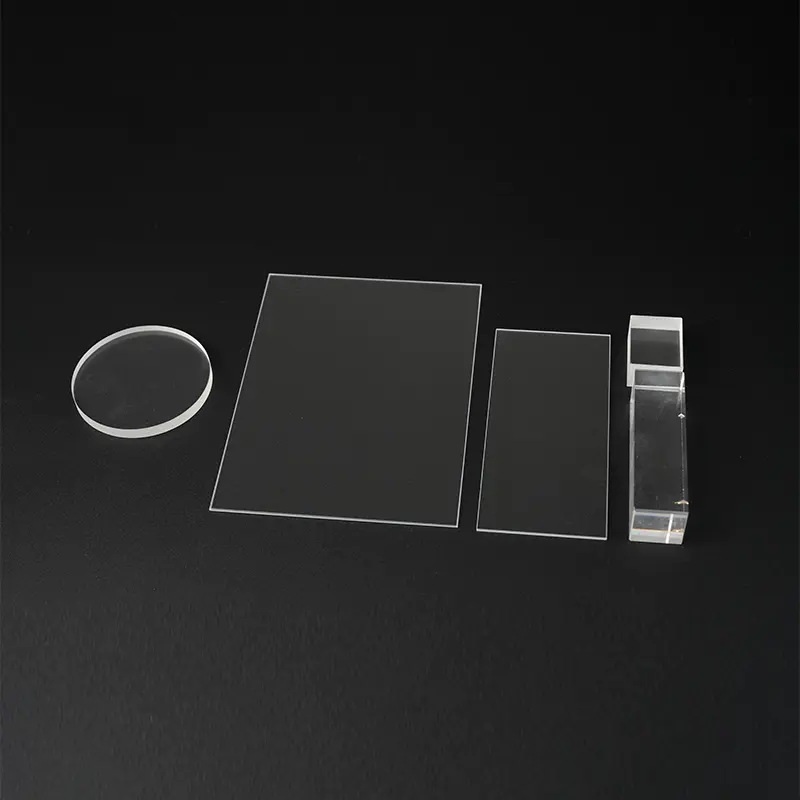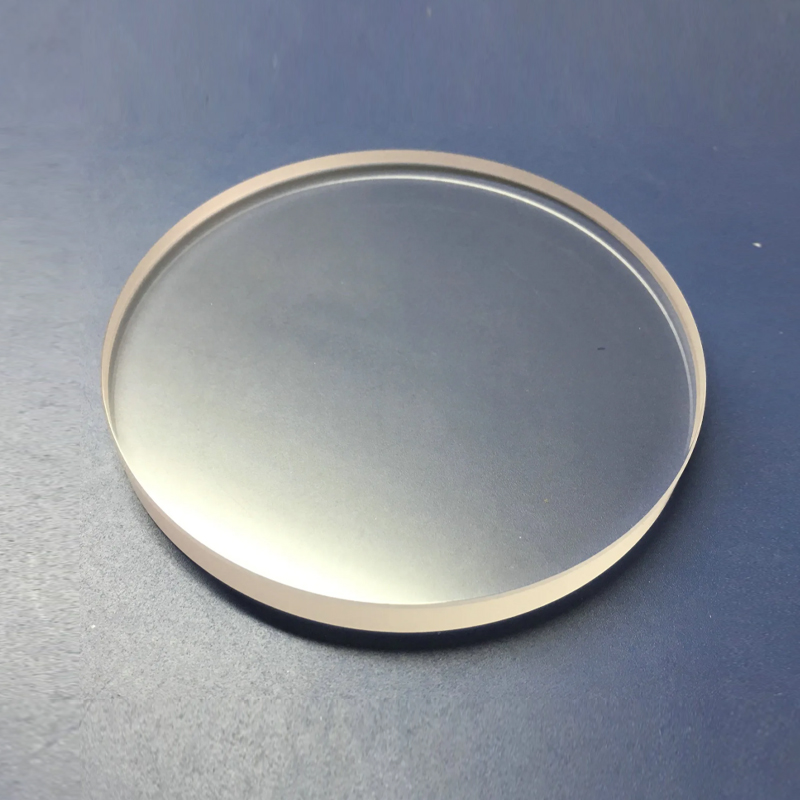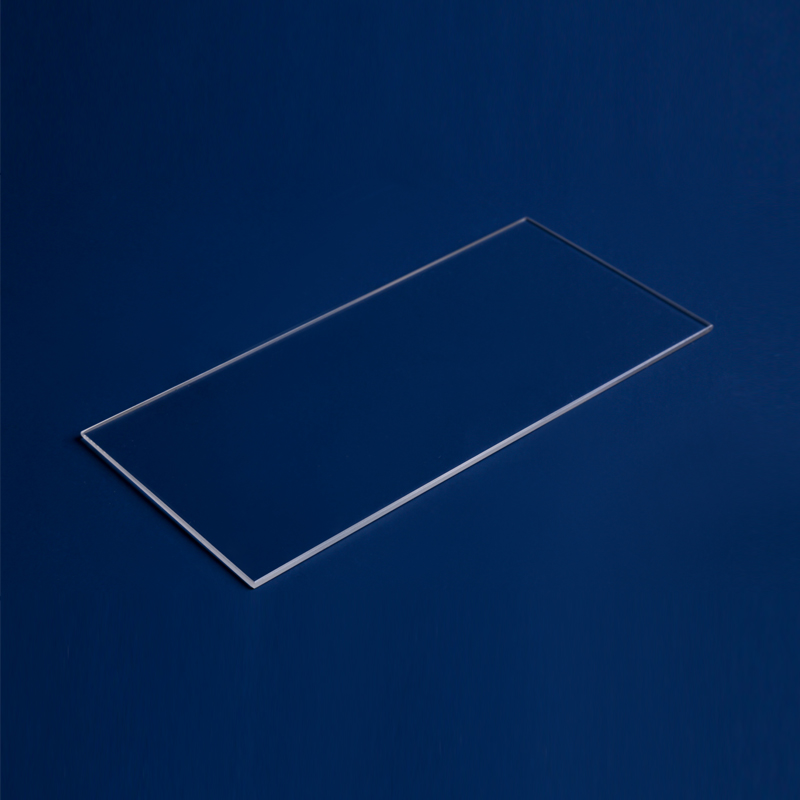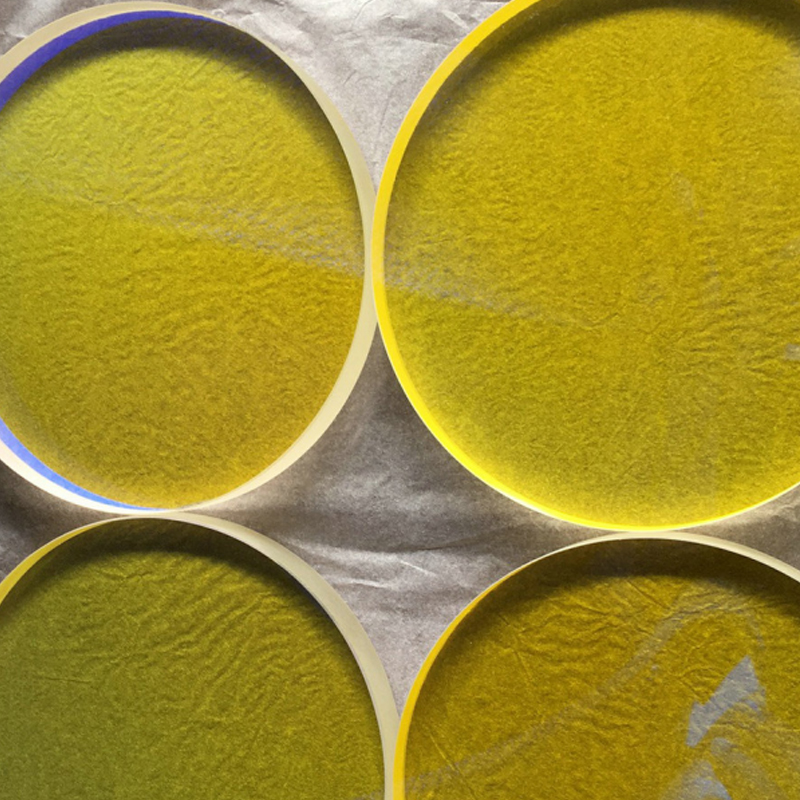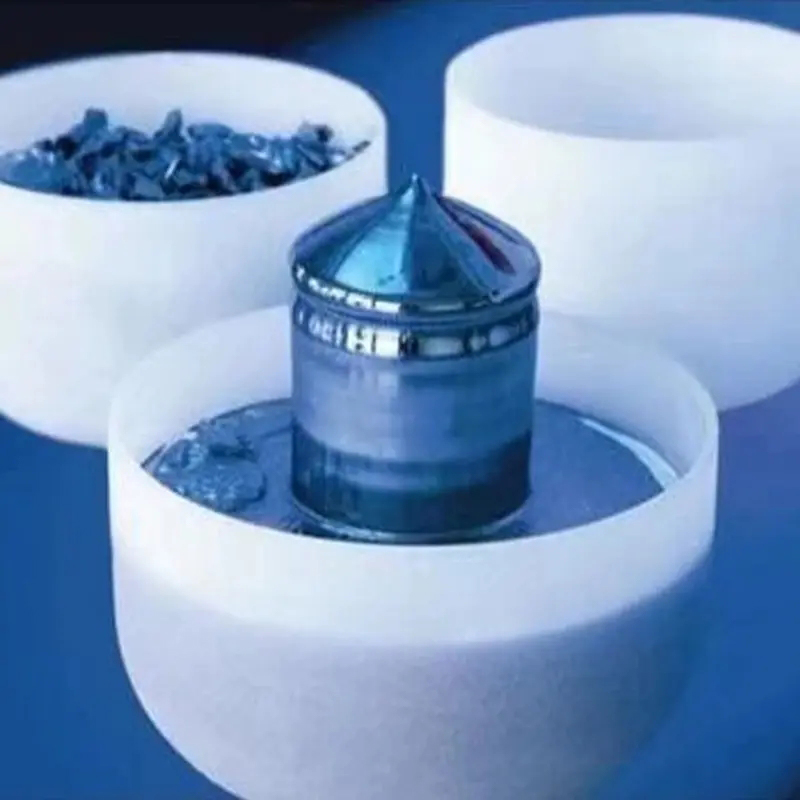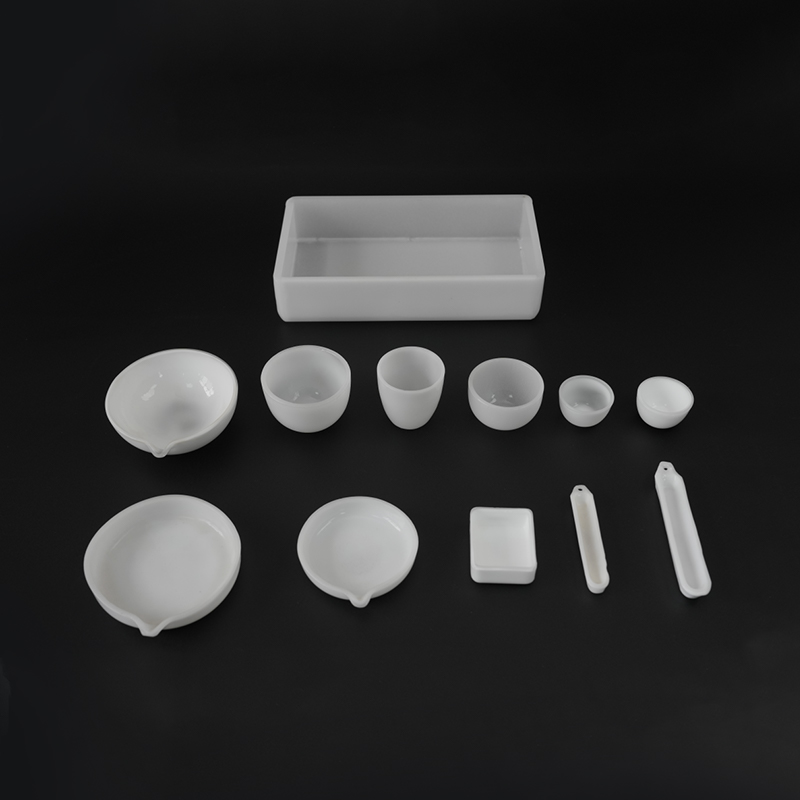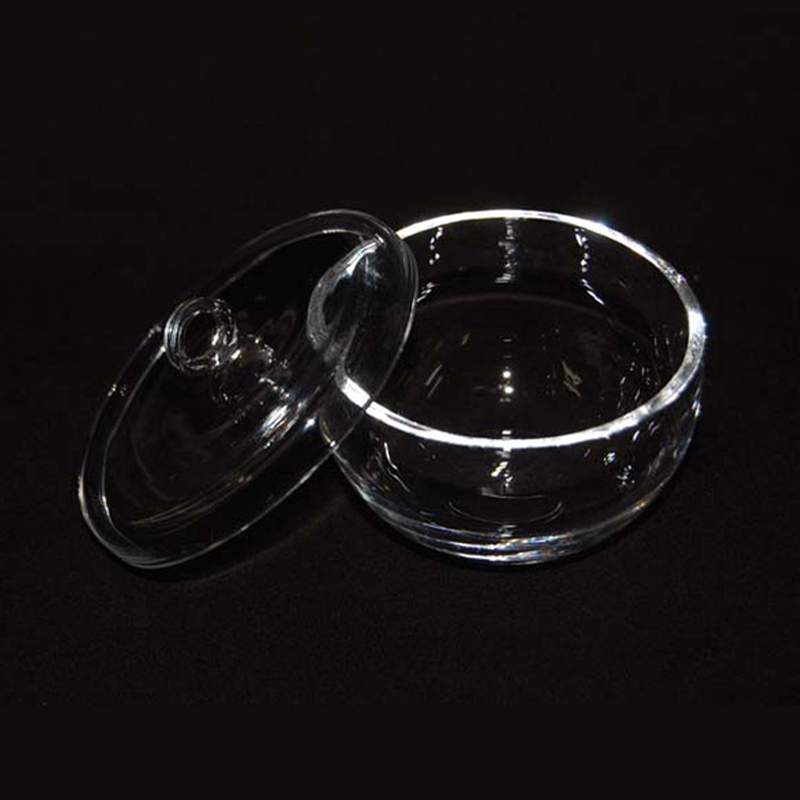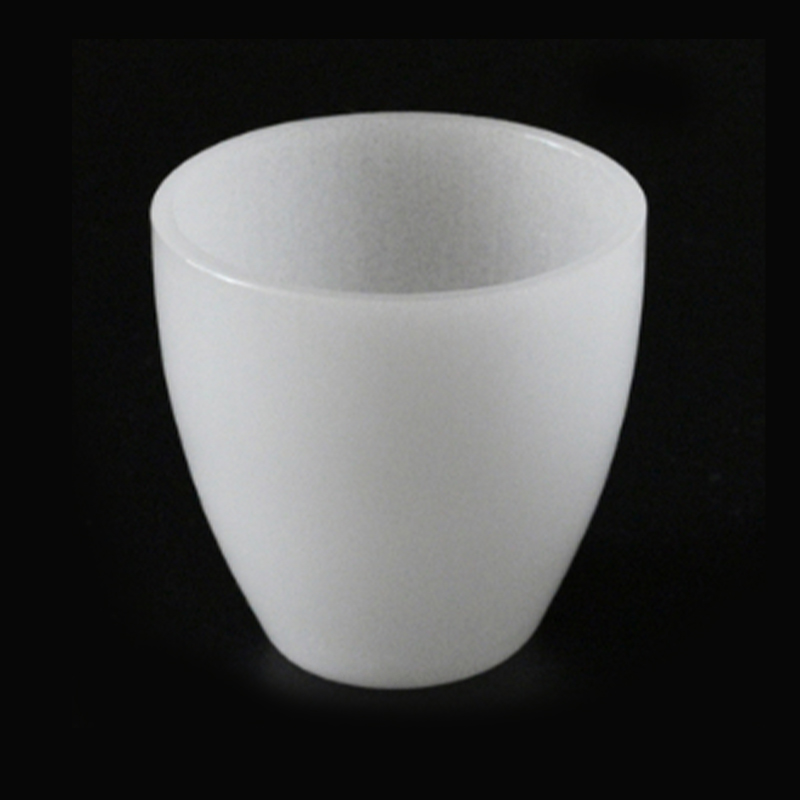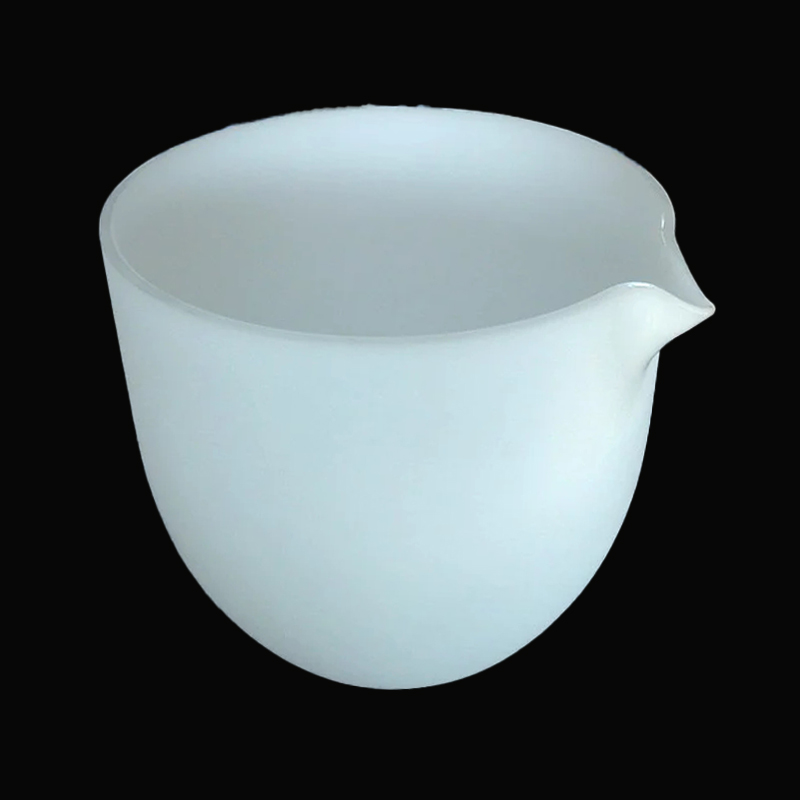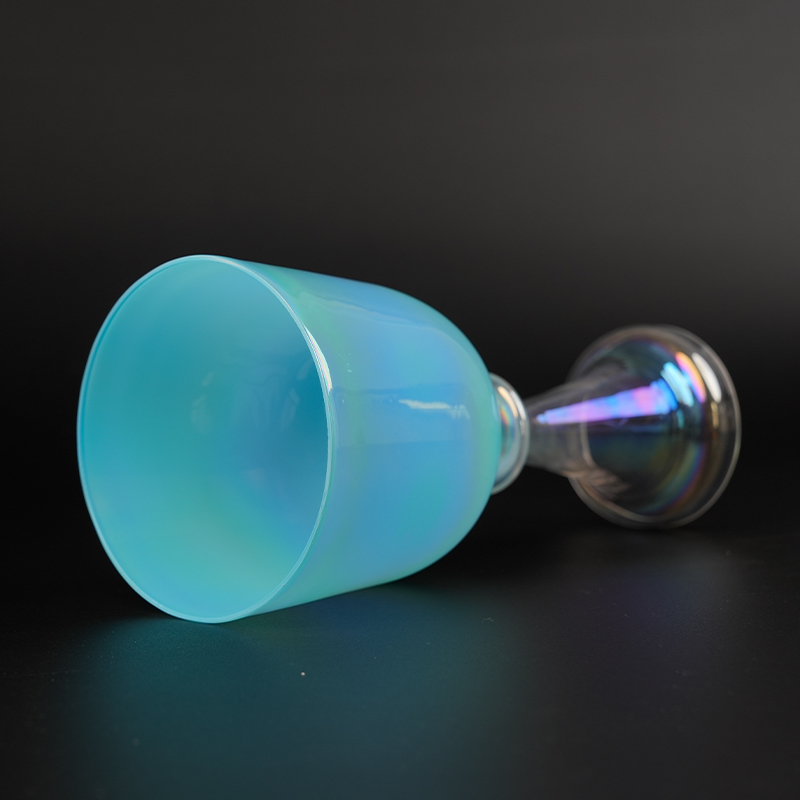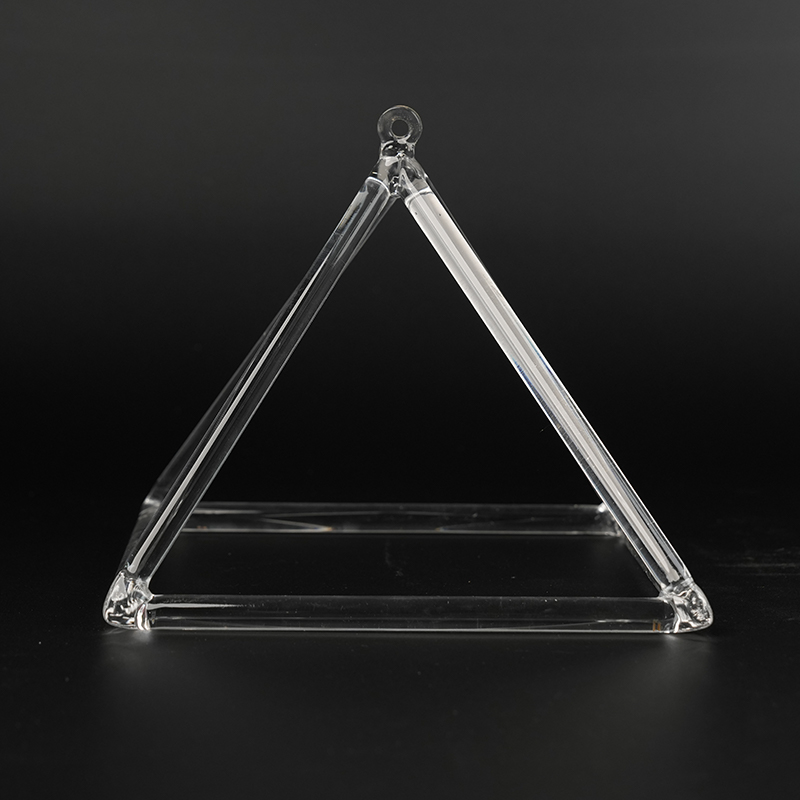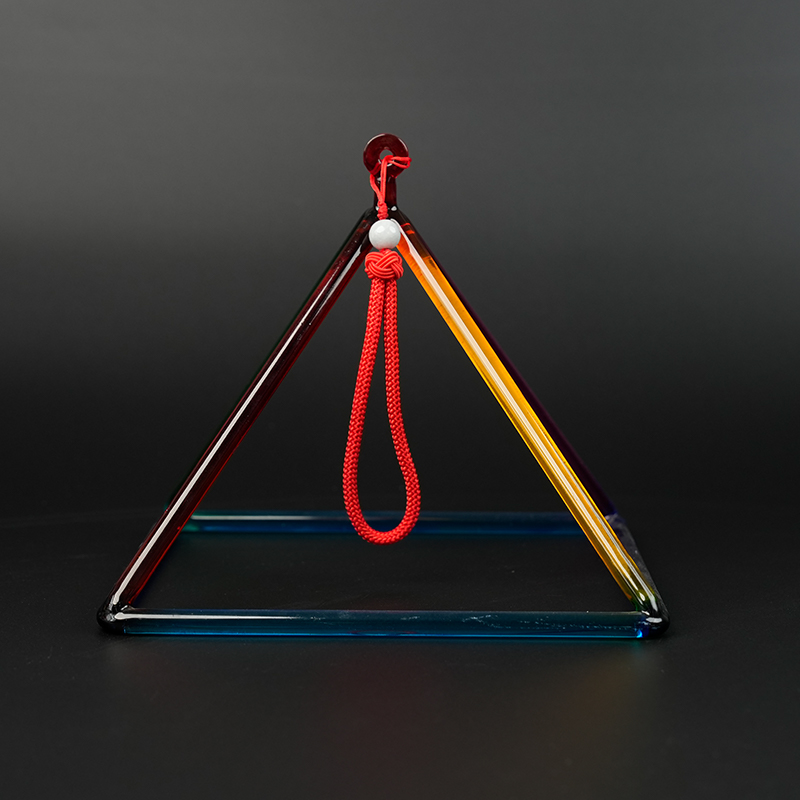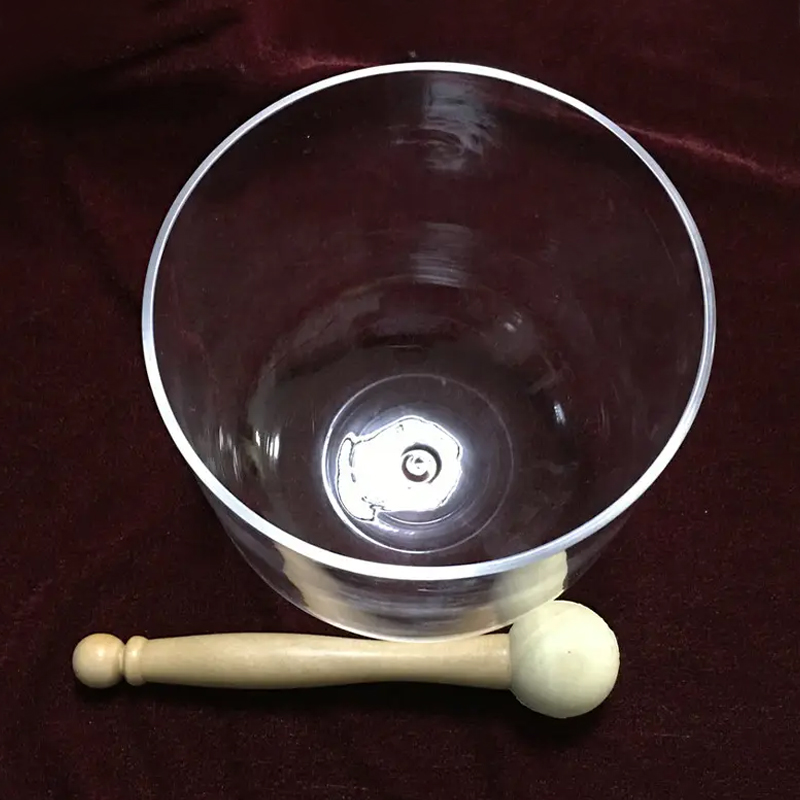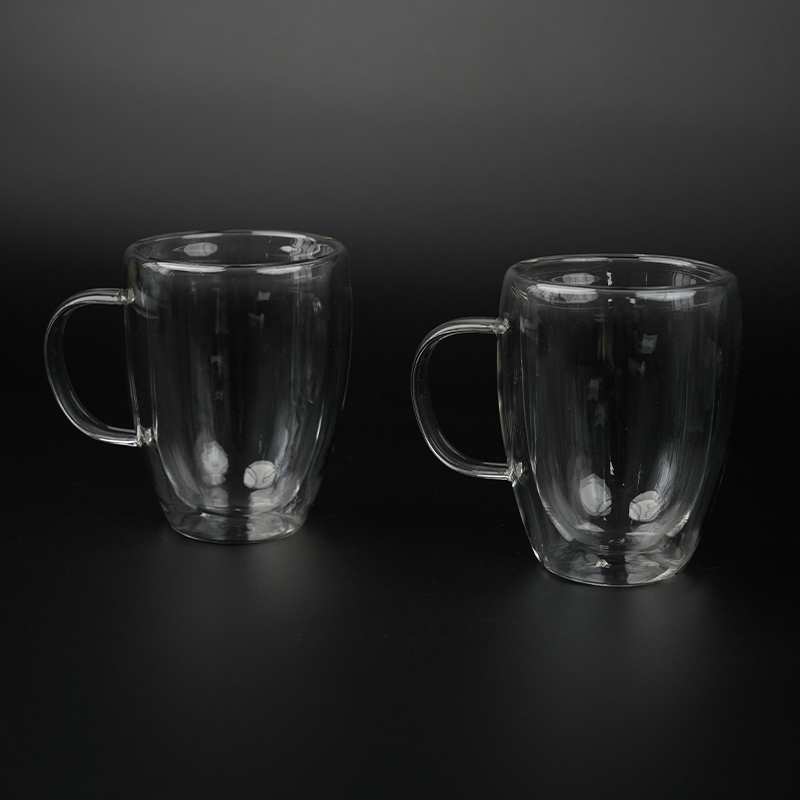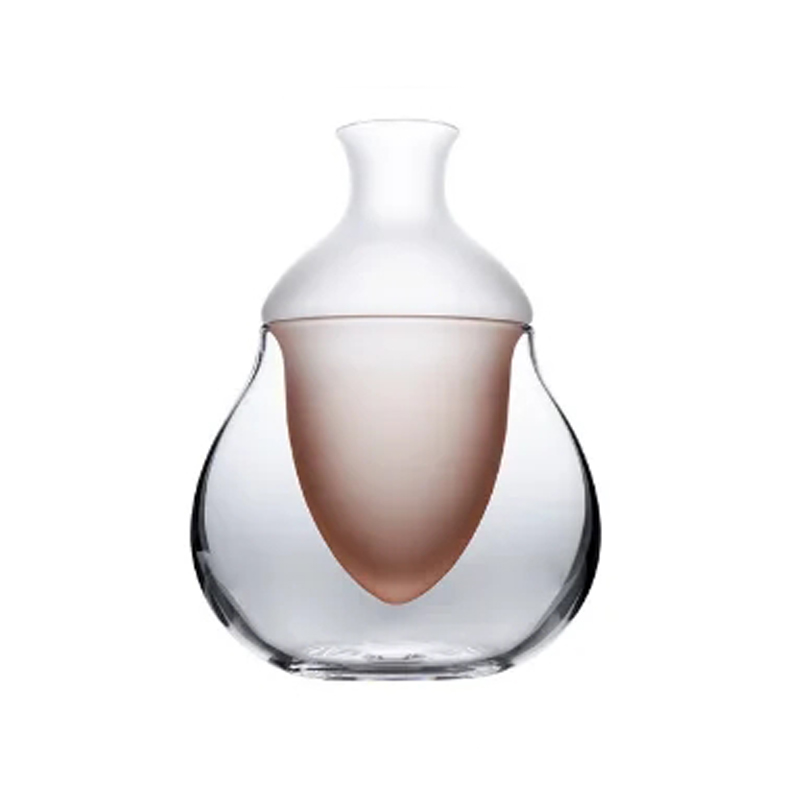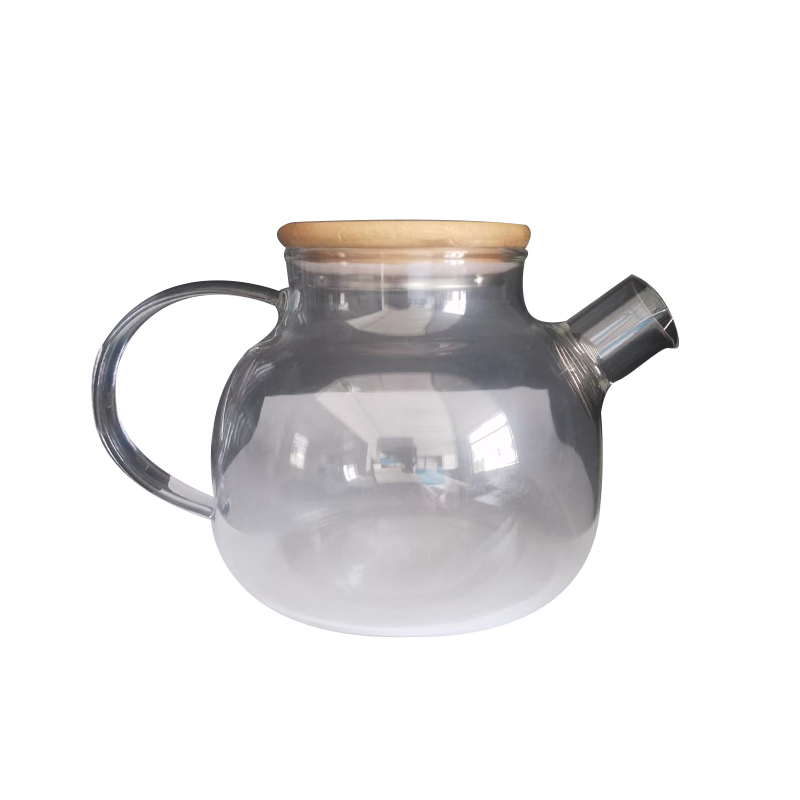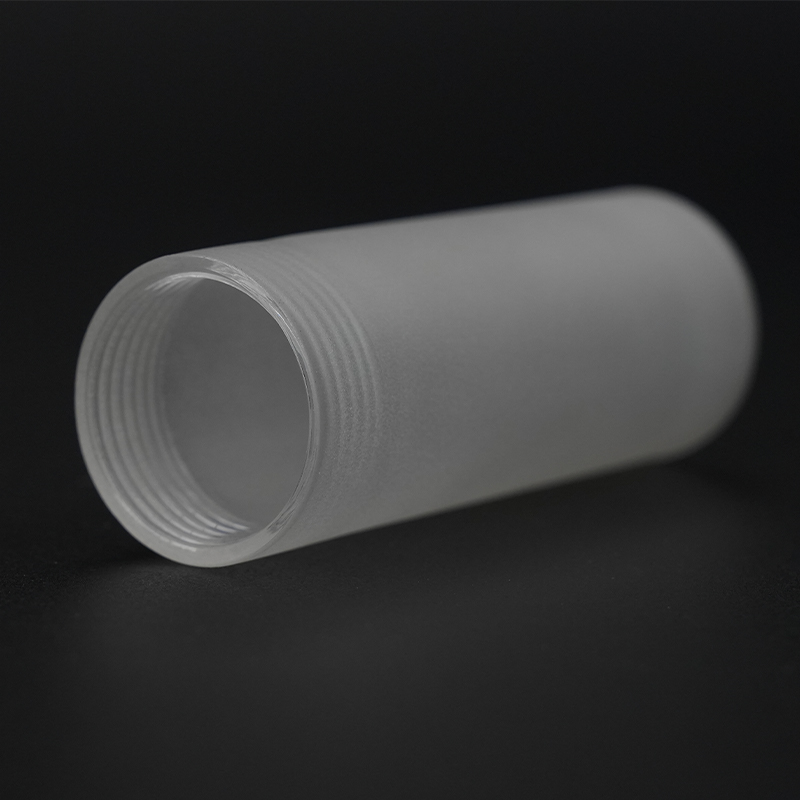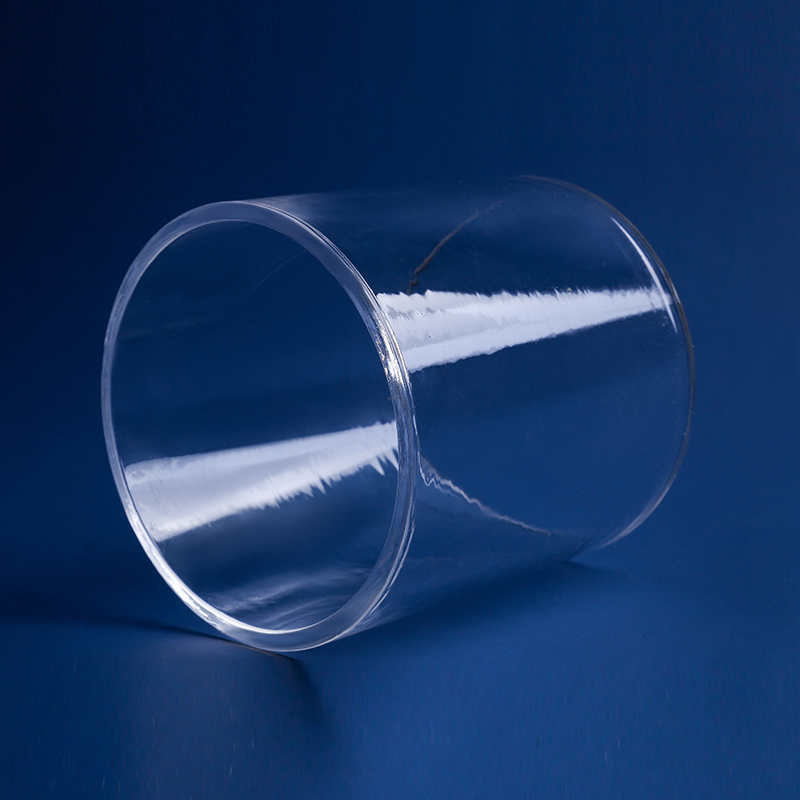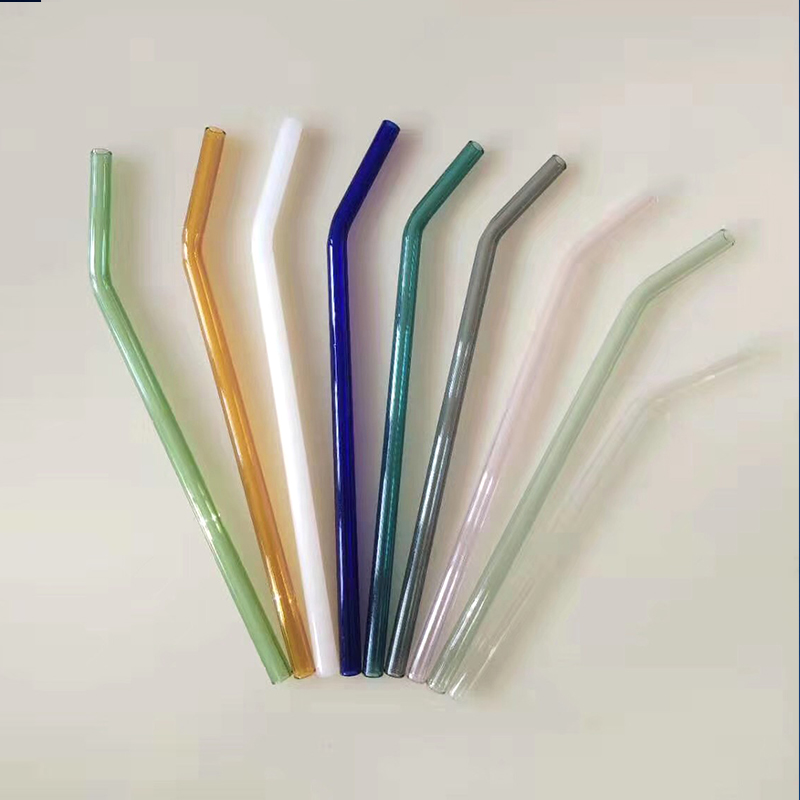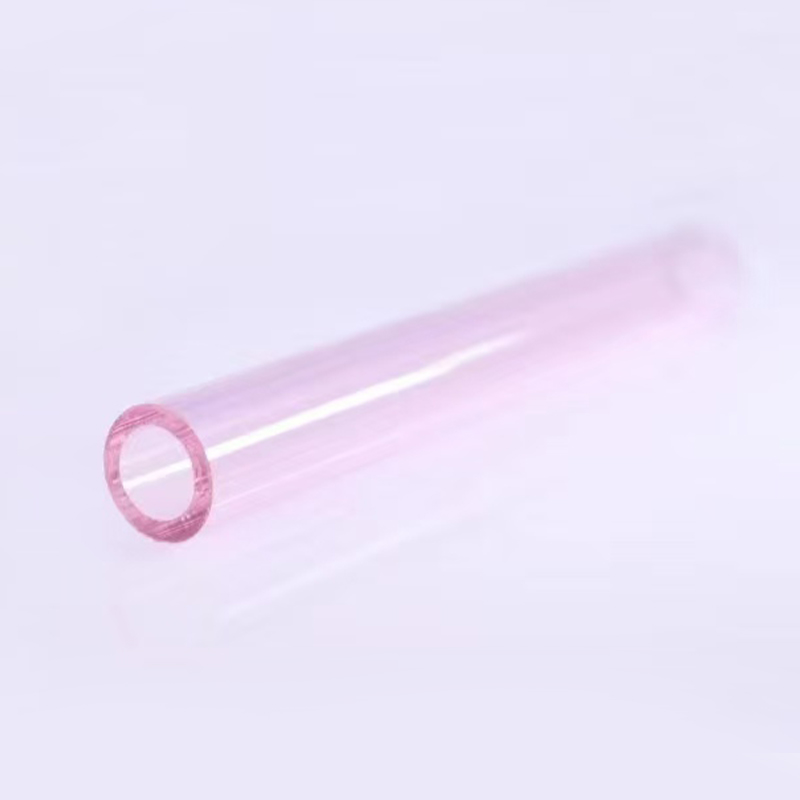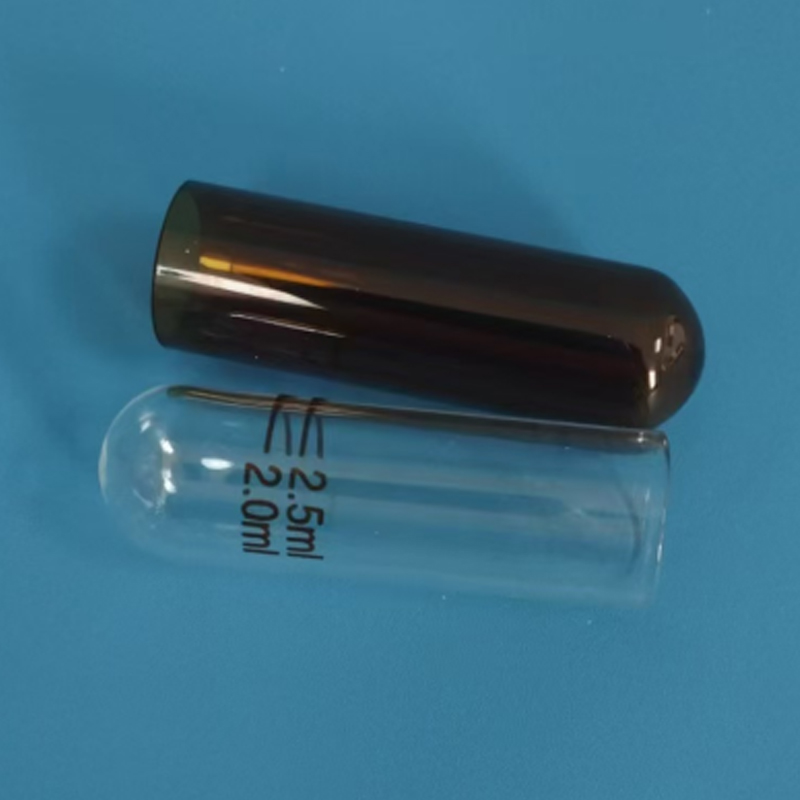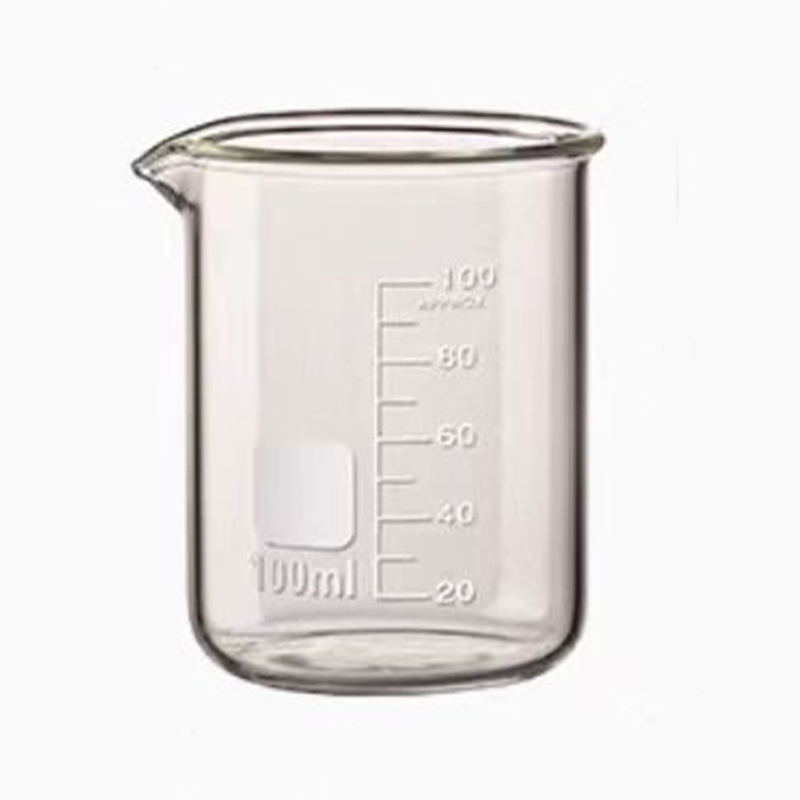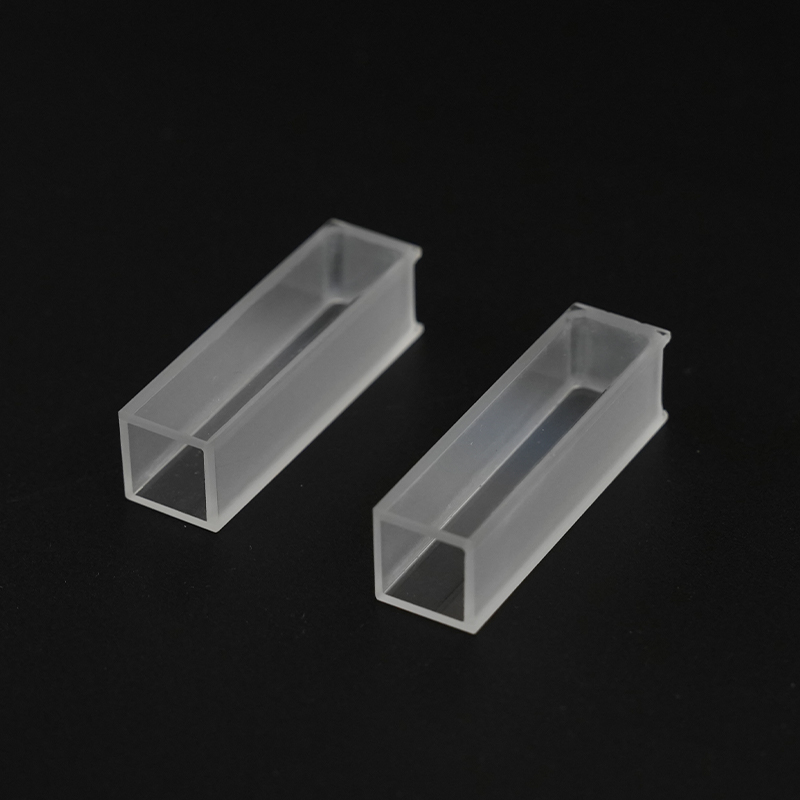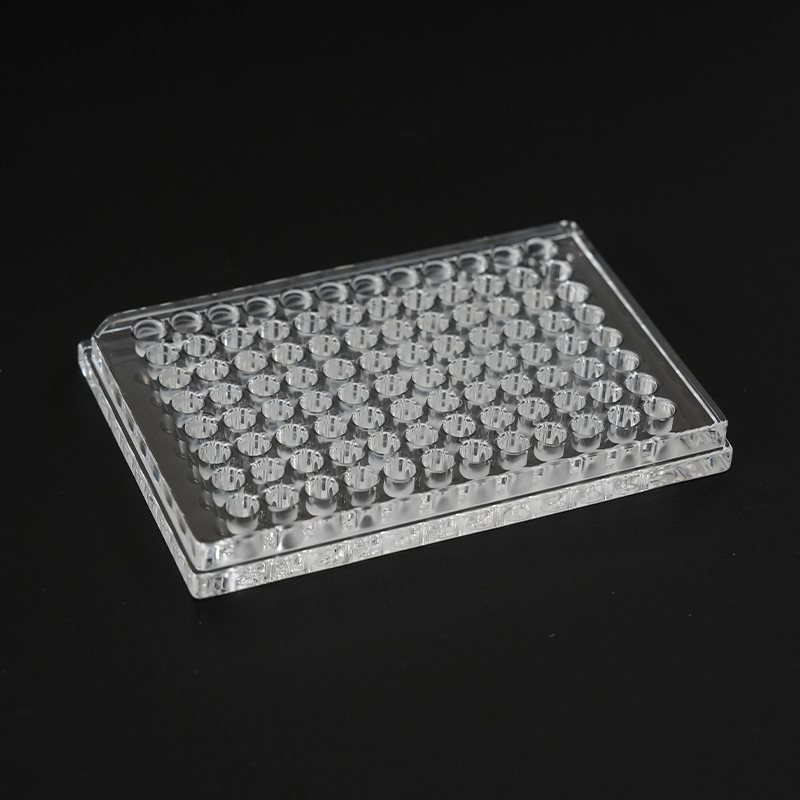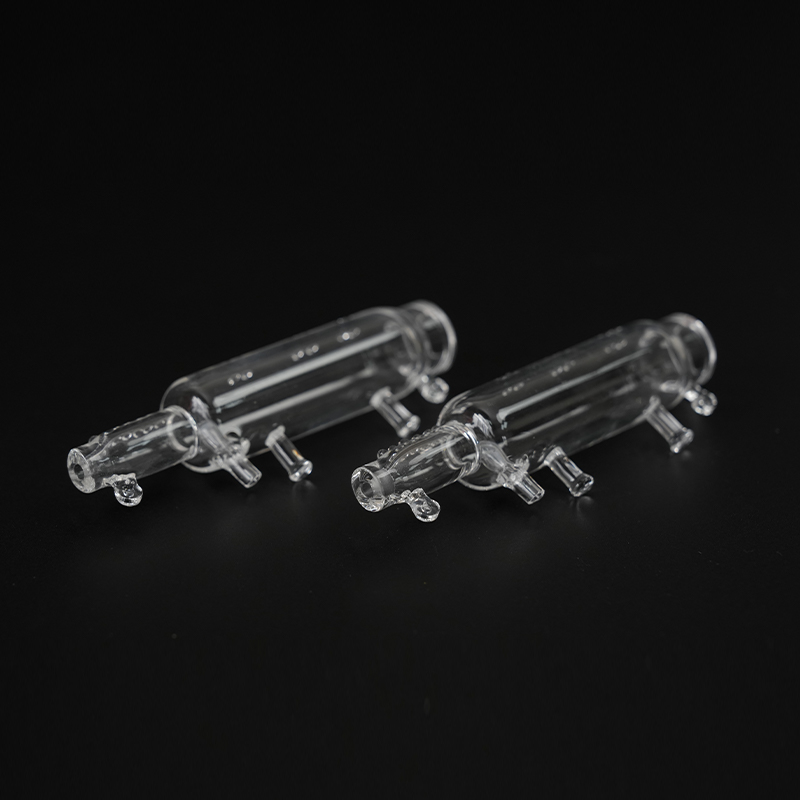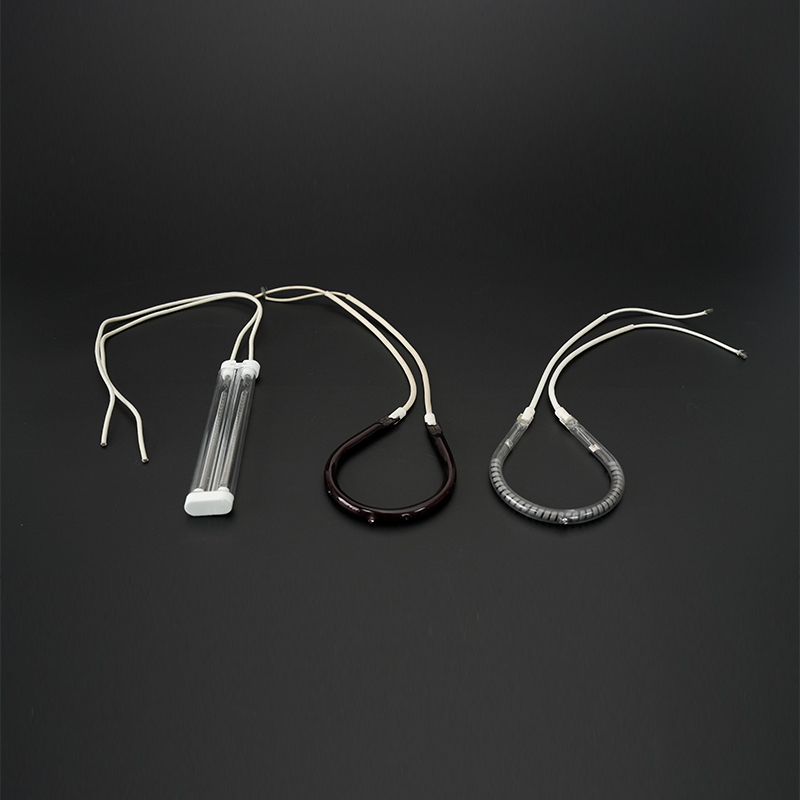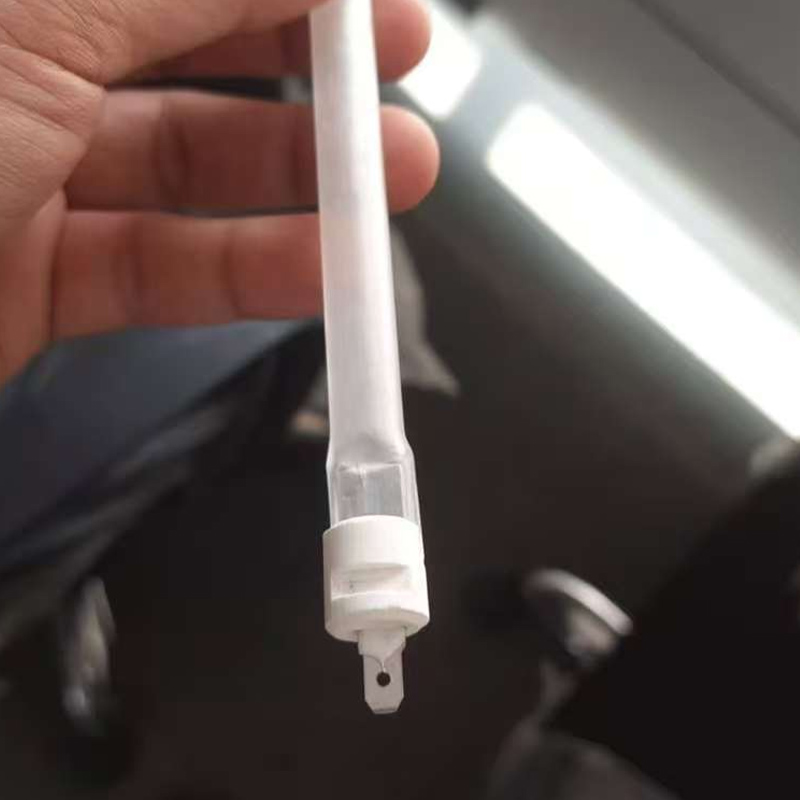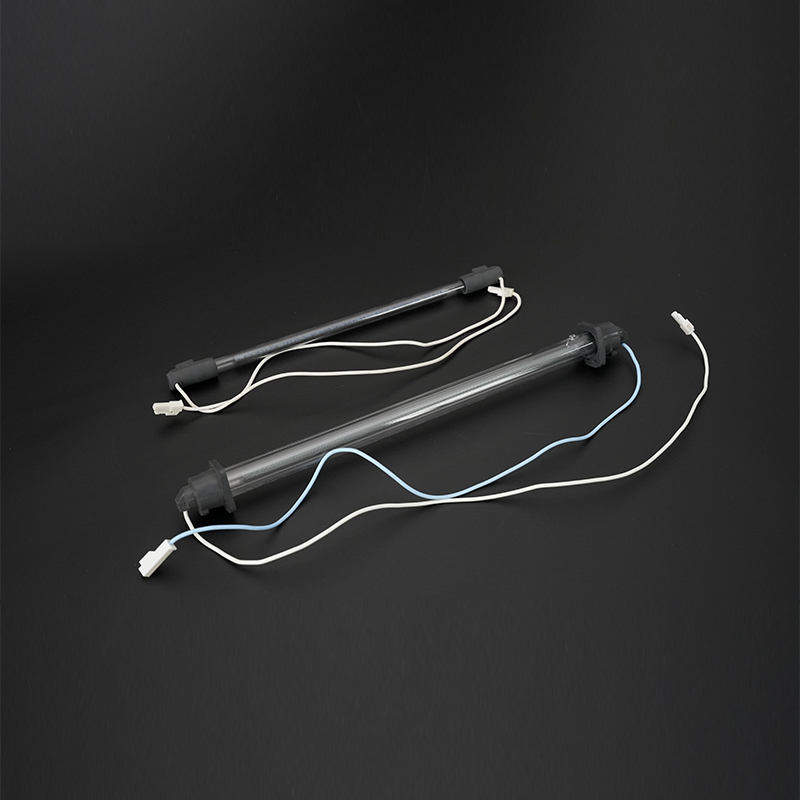If you need any help, please feel free to contact us
How to Clean Quartz Glass?
Quartz glass is widely used in high-tech fields such as semiconductors, optics, and laboratory instruments due to its excellent light transmittance, high-temperature resistance, and chemical stability. However, over time, the surface of quartz glass will inevitably become contaminated with dust, oil, or other contaminants, which can affect its performance.
Content
1. Pre-Cleaning Preparation: Understanding the Source of Contamination
Before cleaning, it is important to first determine the type of contaminant on the quartz glass. Common contaminants include:
- Dust and particles: These are the most common and usually only require simple physical cleaning.
- Grease or fingerprints: These originate from human contact or grease in the operating environment and require chemical solvents to dissolve.
- Scale or inorganic residue: These, such as mineral deposits left behind during the cleaning or cooling process, may require acidic treatment.
- Organic residue: These, such as chemical or biological residues used in experiments, may require specific organic solvents or strong oxidizing agents.
Selecting the appropriate cleaning agent and method for each contaminant is crucial to ensure effective cleaning and avoid damage to the quartz glass surface.
II. Daily Cleaning Steps: Gentle yet Effective
For everyday dust and minor stains, the following gentle cleaning methods can be used:
- Initial Dust Removal: Use high-purity compressed air or nitrogen to blow away loose dust and particles from the quartz glass surface. Never wipe directly with a rough cloth, as this may scratch the glass surface.
- Pure Water Rinse: Rinse the quartz glass surface with high-purity water (such as deionized or ultrapure water) to remove water-soluble substances and residual particles.
- Wipe with Isopropyl Alcohol (IPA): For fingerprints or light oil stains, gently wipe with an optical-grade dust-free cloth or cotton swab dipped in isopropyl alcohol. Isopropyl alcohol evaporates quickly, leaving little residue, and is a commonly used solvent for cleaning high-purity quartz glass.
- Drying: After cleaning, dry the quartz glass surface with clean compressed air or air dry in a dust-free environment. Ensure that the quartz glass surface is completely dry and free of water stains.

III. Deep Cleaning: For Stubborn Stains
For stubborn oil stains or inorganic residues, deep cleaning is required:
1. Organic Stains and Heavy Oils
- Solvent Cleaning: You can use organic solvents such as acetone and ethanol to soak or wipe the surface. However, ensure adequate ventilation and wear protective equipment when using solvents.
- Ultrasonic Cleaning: Place the quartz glass in an ultrasonic cleaner filled with an appropriate detergent. The cavitation effect of ultrasound effectively removes dirt from tiny crevices and is commonly used for precision cleaning of quartz components.
2. Inorganic Residues and Metal Ion Contamination
- Acid Cleaning: For scale or certain metal ion contamination, a short soak in a diluted hydrofluoric acid (HF) solution or nitric acid solution can be used. (Please note: HF is highly corrosive and should only be used under the guidance of a qualified professional and in strict compliance with safety regulations.)
- Professional Polishing: If the quartz glass surface is etched, damaged, or severely stained, it may be necessary to send the product to a professional quartz manufacturer for re-polishing and treatment.
IV. Cleaning Precautions and Maintenance Recommendations
- Avoid cross-contamination: Always use new, highly clean, dust-free cloths and containers to prevent contaminants from one quartz glass component from transferring to another.
- Choose the right tools: Avoid contact with hard or abrasive materials on the quartz glass surface to prevent irreversible scratches.
- Be safe: When using any chemical cleaners, always wear protective equipment such as gloves and goggles, and operate in a well-ventilated environment.
- Regular Maintenance: Regular inspection and cleaning of quartz glass equipment can significantly extend its lifespan and maintain optimal performance.
Proper cleaning and maintenance are critical to maintaining the performance of quartz glass. Master these tips to keep your quartz equipment in top working condition.

 +86-0515-86223369
+86-0515-86223369  en
en English
English 日本語
日本語 Español
Español